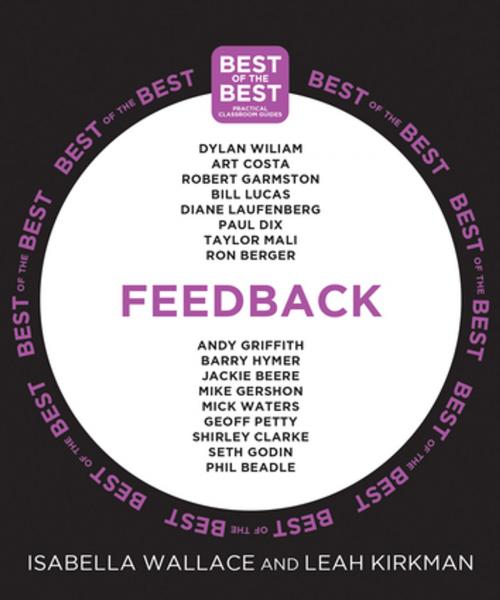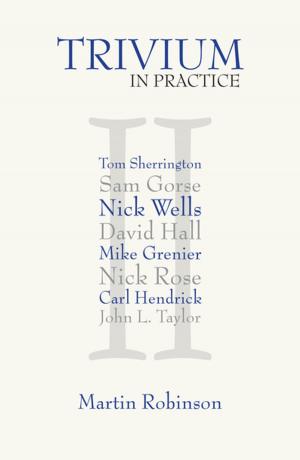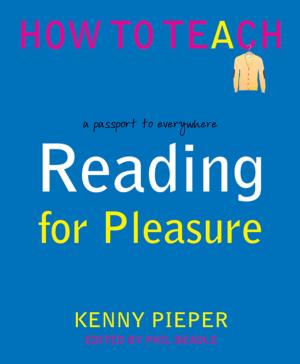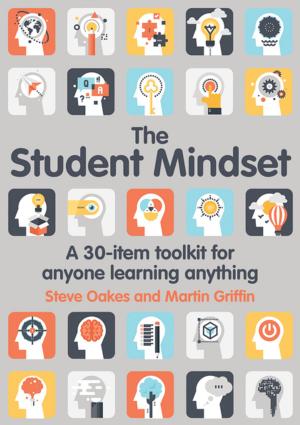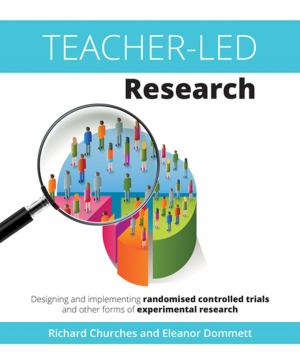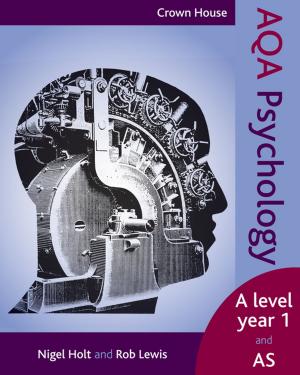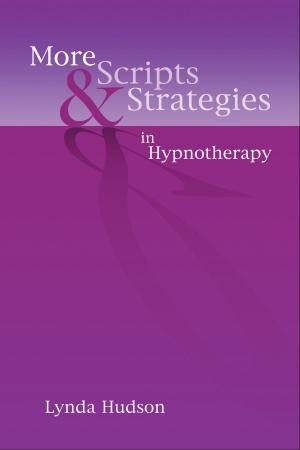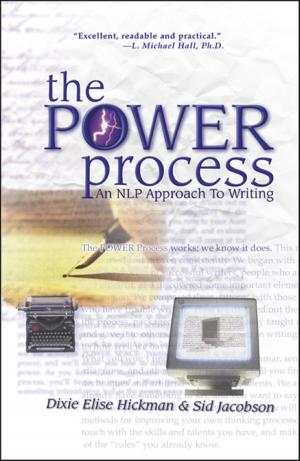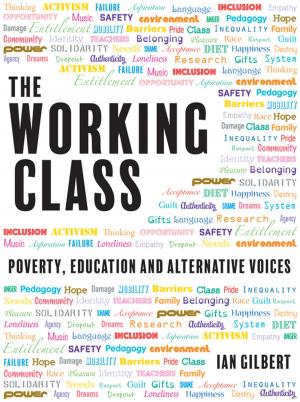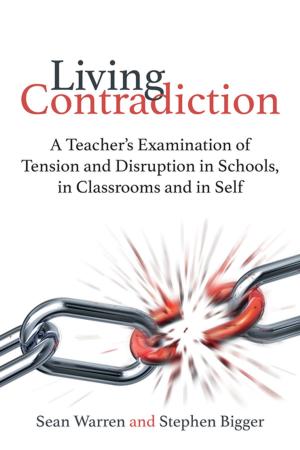Best of the Best: Feedback
Nonfiction, Reference & Language, Education & Teaching, Teaching, Teaching Methods| Author: | ISBN: | 9781785832437 | |
| Publisher: | Crown House Publishing | Publication: | June 15, 2017 |
| Imprint: | Crown House Publishing | Language: | English |
| Author: | |
| ISBN: | 9781785832437 |
| Publisher: | Crown House Publishing |
| Publication: | June 15, 2017 |
| Imprint: | Crown House Publishing |
| Language: | English |
In Feedback, Isabella Wallace and Leah Kirkman explore our understanding of what is often cited as one of the most powerful tools for enhancing learning, drawing together ideas from leading international thinkers and practical strategies for busy teachers. The Best of the Best series brings together – for the first time – the most influential voices in education in a format that is concise, insightful and accessible for teachers. Keeping up with the latest and best ideas in education can be a challenge – as can putting them into practice – but this new series is here to help. Each title features a comprehensive collection of brief and accessible contributions from some of the most eminent names in education from around the world. In this second volume in the series, Wallace and Kirkman have curated a collection of inspiring contributions on the theme of feedback and have developed practical, realistic, cross-curricular and cross-phase strategies to make the most of these important insights in the classroom. Feedback can be understood and implemented in the classroom in a whole range of ways, as Wallace and Kirkman’s practical strategies – based on the contributors’ expert insights – demonstrate. From these contributions, each unique and enlightening in its own right, a number of key themes emerge. One is the need to get the balance right between praise and constructive critique by keeping feedback specific, detailed and firmly referenced to clearly explained criteria. Another is that these same principles should be applied whether the feedback is from teacher to student, teacher to colleague, student to teacher or student to student. Response to feedback is critical: the need to give students the time to reflect on it, to question it, to act on it. Also important is the manner in which feedback is given: kindly, constructively, in a timely way and in an atmosphere of trust. Above all, whether written or oral, effective feedback is primarily about is clear, constructive and specific communication. Each expert has provided a list of further reading so you can dig deeper into the topic. In addition, the Teacher Development Trust has offered more useful ideas for embedding these insights as part of CPD. Suitable for all educationalists, including teachers and school leaders. Contributions include: Professor Dylan Wiliam – Formative assessment: the bridge between teaching and learning; Arthur L. Costa and Robert J. Garmston – A feedback perspective; Professor Bill Lucas – Feedback or feedforward?; Diana Laufenberg – Finding time for feedback; Paul Dix – Wristband peer feedback; Taylor Mali – The sound of silent tears of pride; Ron Berger – Critique and feedback; Andy Griffith – Receiving feedback; Professor Barry Hymer – Praise and rewards: danger – handle with care; Jackie Beere OBE – How can failure help you grow?; Mike Gershon – Target implementation time; Professor Mick Waters – Reward points for teachers; Geoff Petty – The quality learning cycle: feedback for significant progress; Shirley Clarke – Getting underneath the understanding and acting on it; Seth Godin – The four rules of peer feedback; Phil Beadle – Shut up, coach!; Teacher Development Trust – Next steps …
In Feedback, Isabella Wallace and Leah Kirkman explore our understanding of what is often cited as one of the most powerful tools for enhancing learning, drawing together ideas from leading international thinkers and practical strategies for busy teachers. The Best of the Best series brings together – for the first time – the most influential voices in education in a format that is concise, insightful and accessible for teachers. Keeping up with the latest and best ideas in education can be a challenge – as can putting them into practice – but this new series is here to help. Each title features a comprehensive collection of brief and accessible contributions from some of the most eminent names in education from around the world. In this second volume in the series, Wallace and Kirkman have curated a collection of inspiring contributions on the theme of feedback and have developed practical, realistic, cross-curricular and cross-phase strategies to make the most of these important insights in the classroom. Feedback can be understood and implemented in the classroom in a whole range of ways, as Wallace and Kirkman’s practical strategies – based on the contributors’ expert insights – demonstrate. From these contributions, each unique and enlightening in its own right, a number of key themes emerge. One is the need to get the balance right between praise and constructive critique by keeping feedback specific, detailed and firmly referenced to clearly explained criteria. Another is that these same principles should be applied whether the feedback is from teacher to student, teacher to colleague, student to teacher or student to student. Response to feedback is critical: the need to give students the time to reflect on it, to question it, to act on it. Also important is the manner in which feedback is given: kindly, constructively, in a timely way and in an atmosphere of trust. Above all, whether written or oral, effective feedback is primarily about is clear, constructive and specific communication. Each expert has provided a list of further reading so you can dig deeper into the topic. In addition, the Teacher Development Trust has offered more useful ideas for embedding these insights as part of CPD. Suitable for all educationalists, including teachers and school leaders. Contributions include: Professor Dylan Wiliam – Formative assessment: the bridge between teaching and learning; Arthur L. Costa and Robert J. Garmston – A feedback perspective; Professor Bill Lucas – Feedback or feedforward?; Diana Laufenberg – Finding time for feedback; Paul Dix – Wristband peer feedback; Taylor Mali – The sound of silent tears of pride; Ron Berger – Critique and feedback; Andy Griffith – Receiving feedback; Professor Barry Hymer – Praise and rewards: danger – handle with care; Jackie Beere OBE – How can failure help you grow?; Mike Gershon – Target implementation time; Professor Mick Waters – Reward points for teachers; Geoff Petty – The quality learning cycle: feedback for significant progress; Shirley Clarke – Getting underneath the understanding and acting on it; Seth Godin – The four rules of peer feedback; Phil Beadle – Shut up, coach!; Teacher Development Trust – Next steps …
